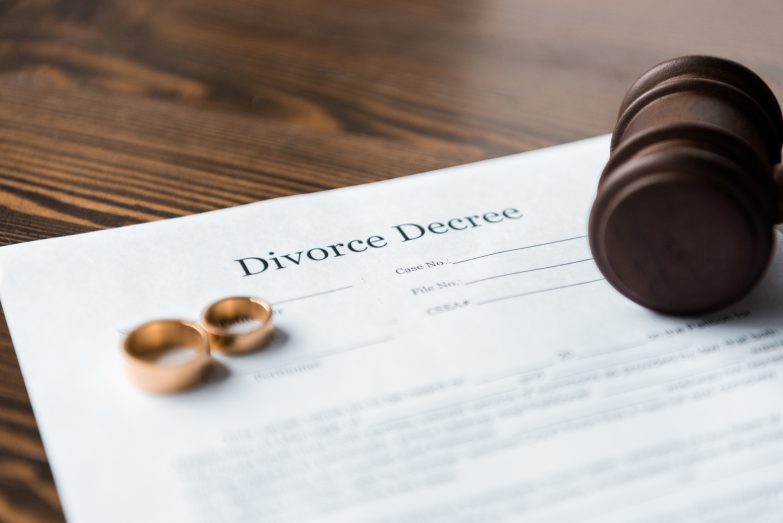Once a divorce is finalized, there may be instances in which one or both spouses do not agree with the existing terms of the agreement, resulting in the desire to challenge certain decisions made by the court. It can be difficult and time-consuming to change the terms of a divorce; however, it can be achieved by filing an appeal to modify components of the divorce agreement. A motion of appeal must be filed within a designated window of the original judgment. The following is an overview of the appeal process and time requirements for all involved parties.
Who May Appeal a Divorce Decree?
After a divorce case, involved parties receive a divorce decree or final judgment which outlines the judge’s final decisions regarding the case. This document will include specific directions for issues like property distribution, child custody and support, alimony payments, and much more. Upon receiving a divorce decree, the marriage is dissolved, meaning the divorce is “final” or “official.”
Any party involved in the divorce can appeal the decree if the state statute does not prohibit it. Depending on the state, both parties could be eligible to file an appeal to the decree at the same time. Lawyer guidance and assistance are beneficial as state laws differ from place to place, and having a professional’s input will help the process move along smoothly.
The Reasoning Behind Filing an Appeal
Appealing a divorce decree can be necessary in some cases. A mistake made by the court regarding the application of the law in the final judgment is a common reason for an appeal. The party who files the appeal must accurately state the error the judge made in applying or interpreting the law pertaining to the facts of the case.
In most situations, a party is not allowed to question the facts that were previously established during the original proceeding. The appellate court will accept all facts found at the lower court level unless details concerning those facts reflect the mistake that the court made in applying the law. The appellate court may also challenge the facts found by the lower court if the record does not support the trial court’s findings.

How Long Does the Process Take?
An appeal can take anywhere from a few months to as long as a couple of years. A “remanded” case is likely to take longer, as in this situation, the entire case is sent back to the lower court to reconsider all issues. Additionally, a bond may need to be filed to avoid enforcement during the appeal if the transfer of property or payment of money is involved. If pursuing an appeal is being considered, many recommend balancing the length of the process and how it may affect other important life decisions. There are many steps involved in the appeal process that can be difficult to account for.
- The party who filed appeal must pay for and order transcripts
- Attorney reviews all content
- A subset of court records, transcripts, and evidence is selected
- Briefs are written
- The opposing party has 30 days to write a brief
- Parties must attend mediation
- The party who filed the appeal must respond to the opposing party’s brief
- Oral arguments occur
- The court renders a decision and issues a written response
The length of time that an appeal takes differs by case, but parties should be aware that it is certainly not a quick process in most situations.
Get Guidance Today
Deadlines are critical in the appeal process, so any parties that wish to appeal a divorce decree are strongly encouraged to give awareness to these. If a deadline is missed, likely, the decree will no longer be able to be appealed. Parties should have a lawyer appointed to discuss timelines and details of motions and appeals to ensure opportunities are not missed.
In general, having assistance from an experienced divorce or family law lawyer will help involved parties decide how best to move forward whether it is an error of law or fact that resulted in an error of law. Though it can be difficult and time-consuming to change, a lawyer will guide involved parties through the process and provide advice every step of the way. State laws differ from place to place, so appointing a lawyer to an appeal case will ensure all needs and requirements are met to guarantee a seamless process.
This article contains general legal information and does not provide legal advice. For legal advice, please contact us.

